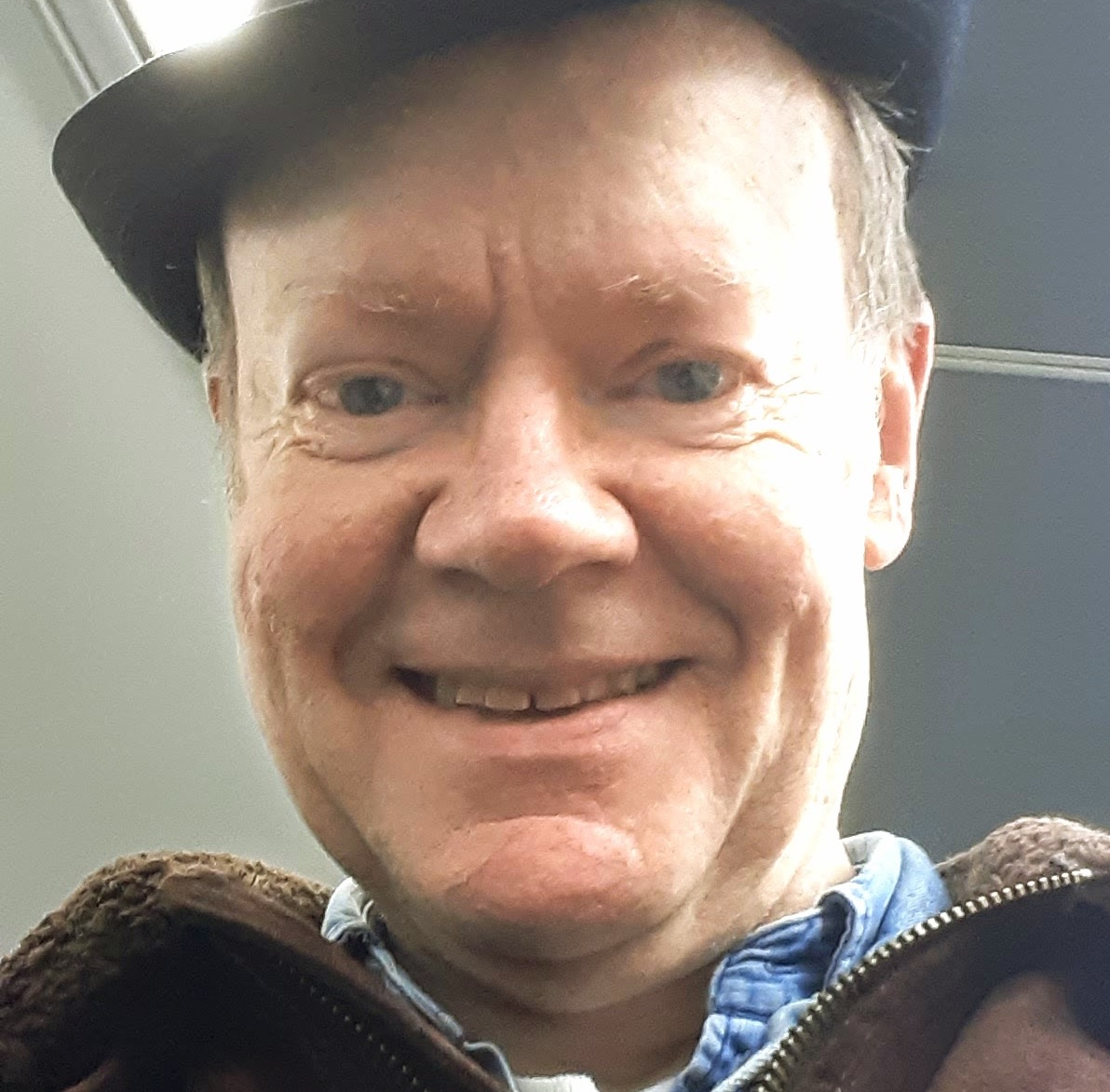In Focus: Gerald Durrell, the 'pioneer with a marvellous sense of humour'
The author, conservationist and avid nature-lover describes his childhood in Corfu with the 'recollections of a child in a kind of earthy paradise,' in his book, My Family and Other Animals, finds Jack Watkins.
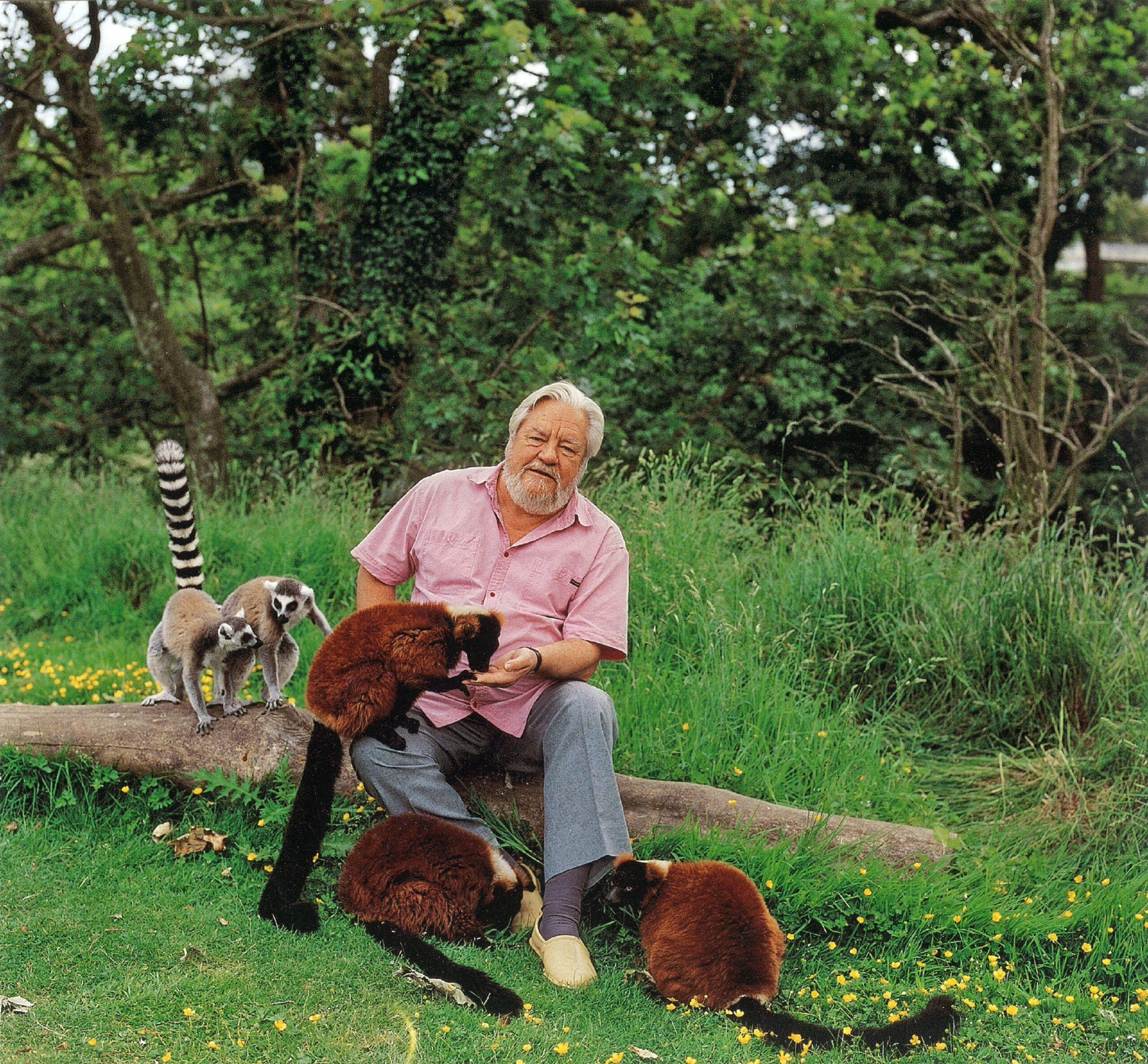

In an interview in 2016, Lee McGeorge Durrell expressed concern that schoolchildren had never heard of her late husband’s pioneering conservation work, let alone read his classic My Family and Other Animals.
The interview came just as the book, and its Corfu-based sequels Birds, Beasts and Relatives and The Garden of the Gods, underwent a loose television adaptation, The Durrells. The hope was that this would stimulate interest in Gerald Durrell’s ongoing legacy at the Jersey Zoo, established in 1959 to act both as a reserve and to undertake breeding programmes for endangered species.
Durrell had been captivated by Nature from an early age and My Family and Other Animals, first published in 1956, is an expression of the joys of his childhood and his receptiveness to the adventures and wonderment to be found in the great outdoors.
The tale is based around a five-year stay on the island of Corfu in the late 1930s, which began when Durrell was 10. The Durrell herd, led by their widowed mother Louisa, have left the leaden skies of Bournemouth in search of sunshine, ‘like a flock of migrating swallows’.
Gerald (Gerry) is the youngest of four siblings, the others include the bookish Larry (Lawrence Durrell, the accomplished novelist, poet and travel writer), already an adult; Margo with her acne potions and slimming guides; and Leslie, with his revolvers and ‘air of quiet belligerence’. Also along for the fun is Roger, the big black family dog and companion on many of Gerry’s escapades.
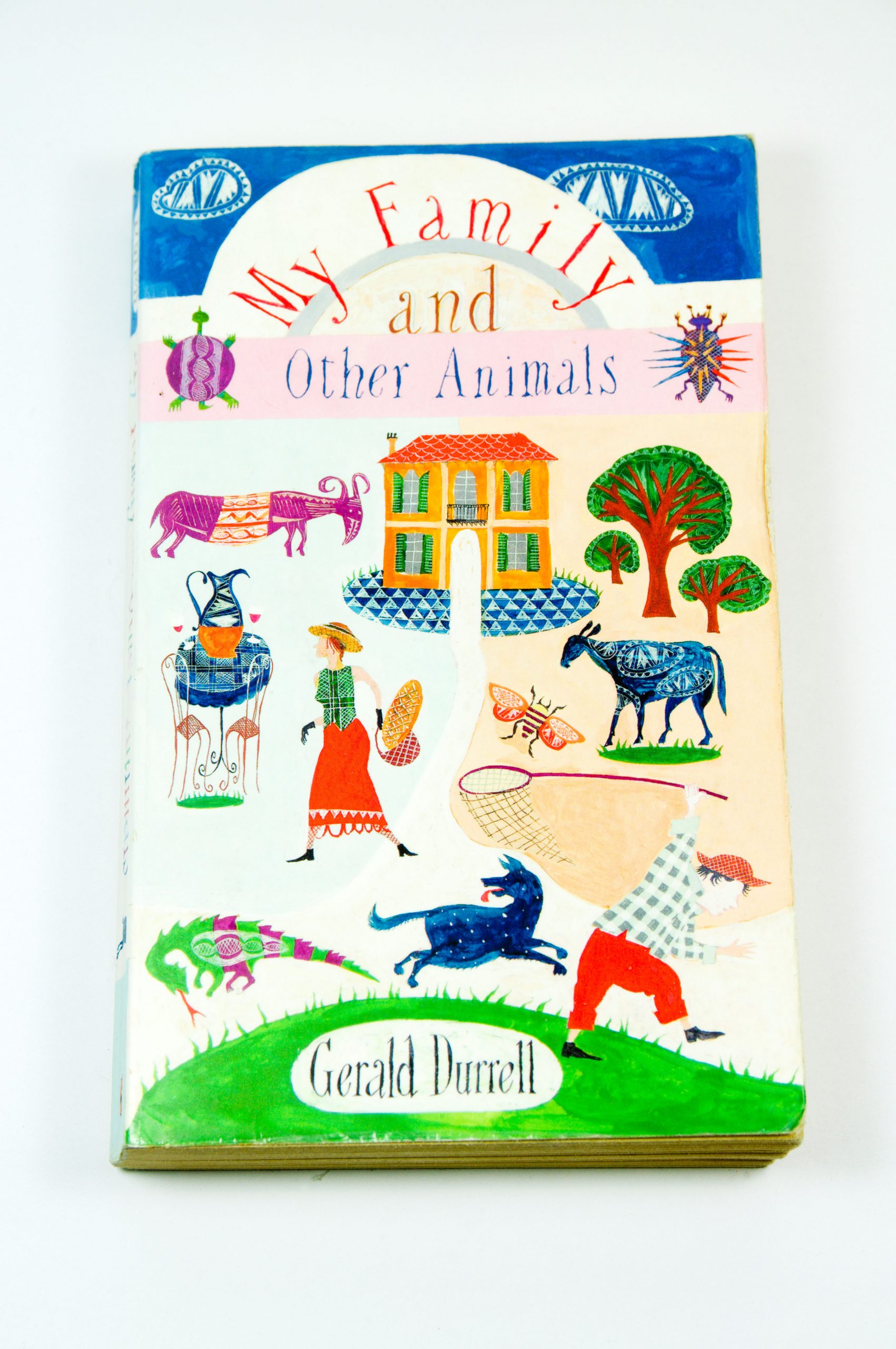
The Durrells proceed to occupy a succession of villas on the island and, although the incidents that follow place the emphasis on sibling eccentricity and knockabout humour, Durrell’s prose is deeply evocative and full of colour. Today, in the era of foreign holidays and brilliantly photographed travel and wildlife documentaries, his vivid descriptions of a gorgeous sun-kissed island may have lost some of their novelty, but, in late 1950s Britain, only just emerging from post-war rationing, they made a lasting impression on readers.
Among the larger-than-life characters in the book is Spiro, the Greek taxi driver who, with mangled English, adopts the helpless family soon after their arrival and watches over them ‘like a great, brown, ugly angel’. The astonishingly attired, flute-playing Rose-beetle Man provides Gerry with his first pets on the island.
Exquisite houses, the beauty of Nature, and how to get the most from your life, straight to your inbox.
These include a small, boot-button-eyed tortoise, Achilles, with a passion for human company and strawberries, and the musical pigeon Quasimodo, whose specialty is cooing along to waltzes and marches. Another important figure is Dr Theodore Stephanides, the shy biologist who shares Gerry’s love of Nature and becomes his mentor.
Gerry is entranced by the island’s flora and fauna, but initially so bewildered by this profusion of life that he can only move about in a daze. However, he learns the key commodity for any budding naturalist, patience, and spends ‘hours squatting on my heels or lying on my stomach watching the private lives of creatures’.
He is especially taken by the abundance of insect life, the ladybirds ‘like newly painted toys’, and ‘flights of brilliant butterflies’. He is thrilled to discover an earwig crouching over its nest of eggs like a hen. Many of his descriptions are the recollections of a child in a kind of earthly paradise.
Although Durrell claimed to have drawn an accurate and unexaggerated picture of his family’s stay on Corfu, he did, in fact, conceal some sadder truths, such as his mother’s nervous fragility and alcoholism. However, although the author admitted that, unlike Lawrence, he did not write for pleasure, but to raise funds for his zoological projects, the impact of his book was profound.
There was a time when My Family and Other Animals was standard reading for schoolchildren. A generation of zoologists and naturalists received their earliest inspiration from its pages, and its underlying message of the interconnectedness of humans with the wider animal world remains as vital as ever.
Connecting with Nature
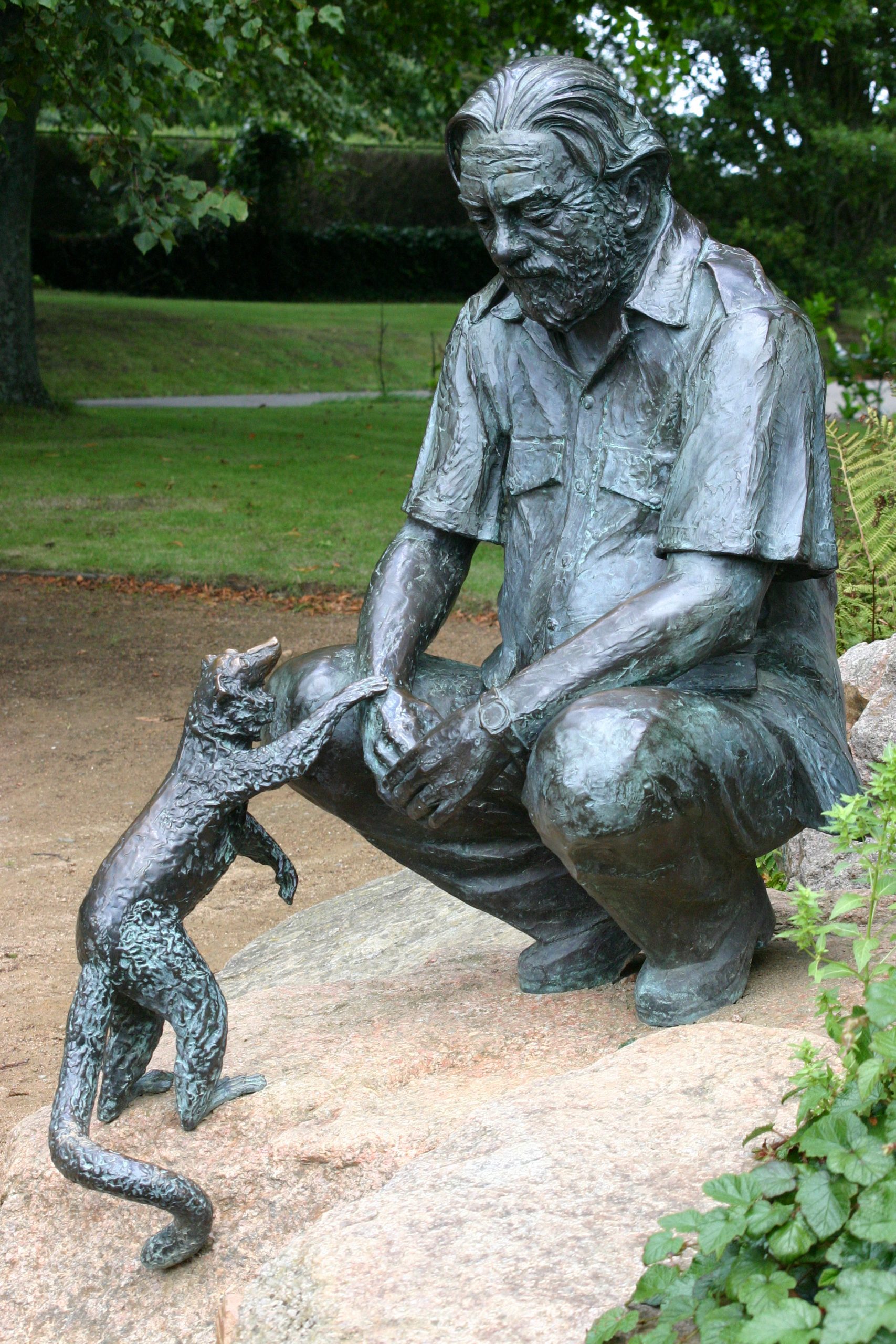
‘A sparrow can be as interesting as a bird of paradise, the behaviour of a mouse as interesting as that of a tiger,’ Gerald Durrell (1925–95) once explained. His belief that every animal was important led him to establish Jersey Zoo to save endangered species of mammals, birds and reptiles in 1959, at a time when most zoos saw their role as merely displaying exotic beasts.
Whereas many early conservation campaigners focused on large mammals facing extinction, Durrell saw as much value in working to save the volcano rabbit and the aye-aye. ‘The world is as complicated as a spider’s web. If you touch one thread, you send shudders running through all the other threads. We are not just touching the web. We are tearing holes in it,’ he said.
He wrote 41 books, including the Corfu trilogy and A Zoo in My Luggage, books of practical inspiration such as The Amateur Naturalist, co-authored with Lee Durrell, and the factual The Stationary Ark, which explained the development of the Jersey Zoo and the Durrell Wildlife Conservation Trust. Both still operate today with his widow, Lee, who was 24 years his junior, as honorary director (www.durrell.org).
What they said
‘This is a very wicked, very funny, and I’m afraid rather truthful book’
Lawrence Durrell
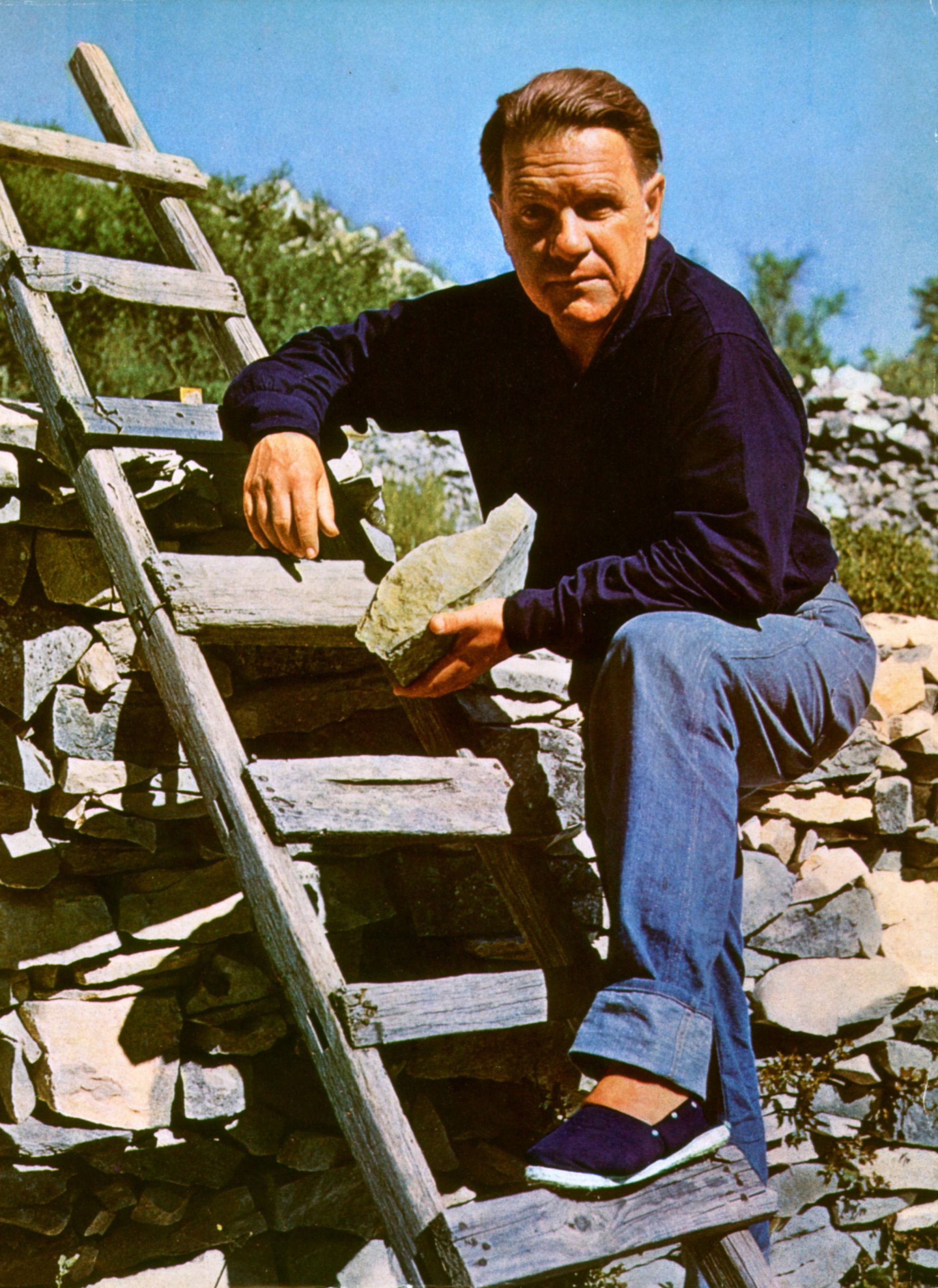
‘The greatest expression of biophilia in literature’
Simon Barnes
‘He was responsible for changing people’s attitudes to zoology and changing their agenda. He was a pioneer with a marvellous sense of humour’
Sir David Attenborough
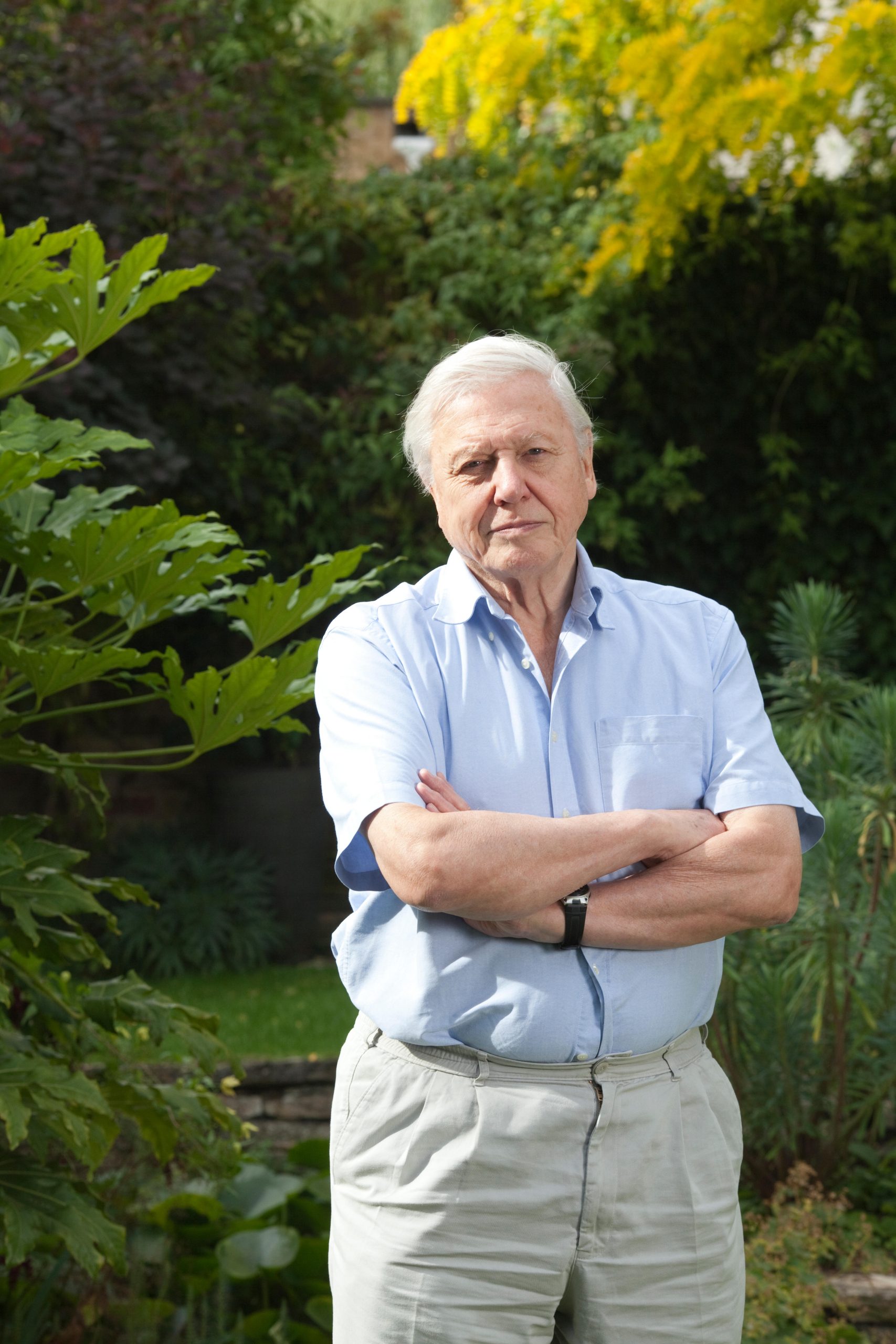
‘My childhood in Corfu shaped my life. If I had the craft of Merlin, I would give every child the gift of my childhood’
Gerald Durrell
Jack Watkins has written on conservation and Nature for The Independent, The Guardian and The Daily Telegraph. He also writes about lost London, history, ghosts — and on early rock 'n' roll, soul and the neglected art of crooning for various music magazines
